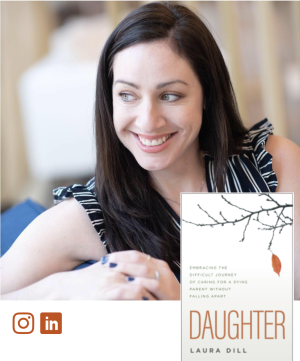Treatments and Trials: What To Know?
It is crucial to select a doctor that you and your caregivers feel comfortable with and can trust. Seeking second opinions is not uncommon and is sometimes encouraged so you can choose the best doctor for your case.
Clinical trials are crucial to finding more treatment options for brain tumor patients. If your loved one wants to consider participating in a clinical trial, it is important to discuss this early on with your medical team as the treatment plan could determine if they are eligible.
When determining a treatment plan, be sure to ask questions so that all involved feel comfortable and secure with the decisions being made.
First-Person: Dr. Simon Khagi Explains Clinical Trial Participation
Dr. Khagi is an Assistant Professor of Medicine and Neurosurgery at the University of North Carolina, Director of the UNC Neuro-Oncology Program, and the Director of the UNC Brain Metastases Program. He breaks down what it means to be part of a clinical trial and why these trials are so important to the future of brain tumor treatment.


